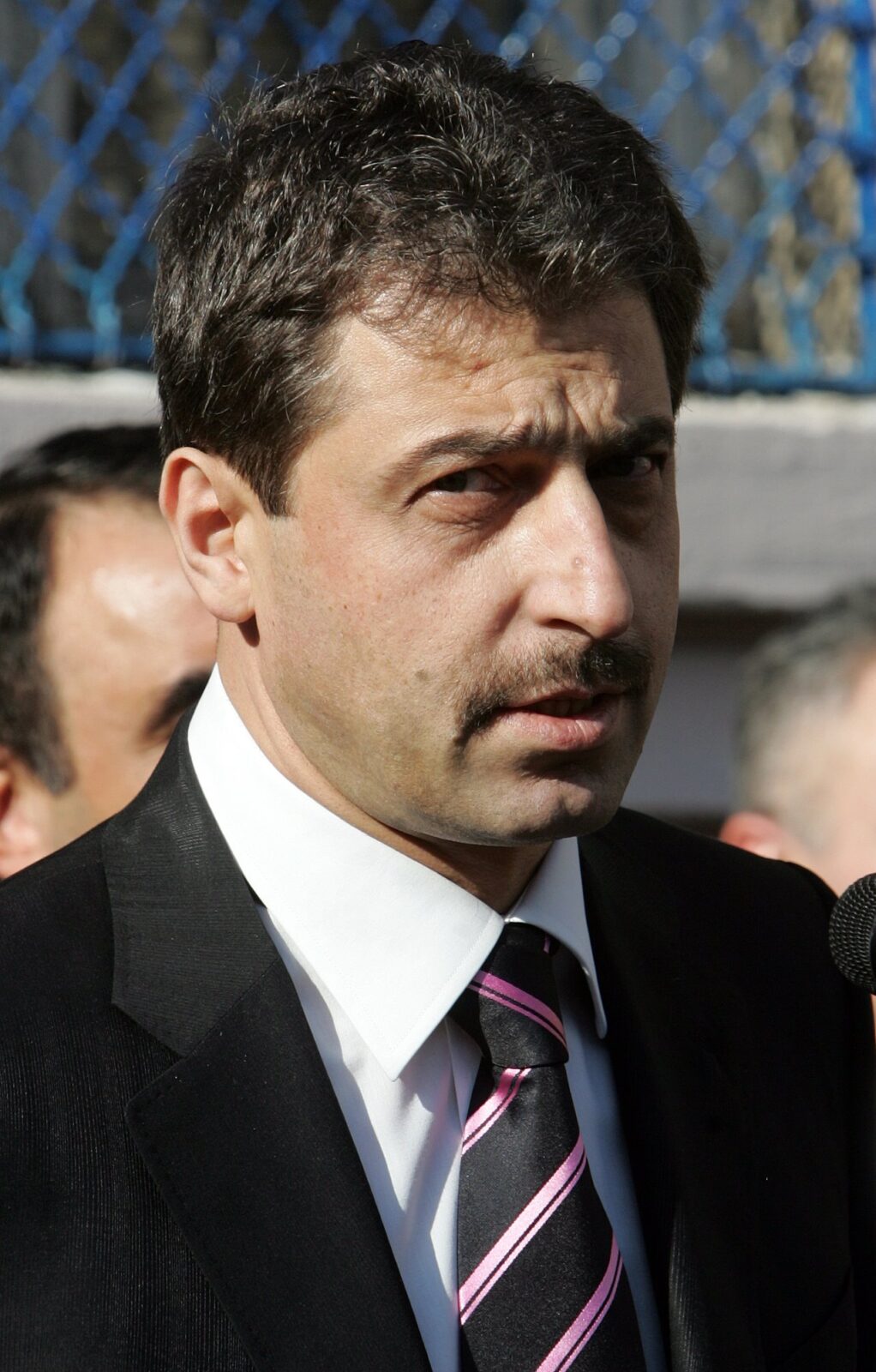Internet Providers in Eastern Europe: Non-Transparent, Dubious, Politically Linked
The Internet has become the new heaven for unheard voices, new forms of commerce and limitless communication across eastern Europe and the former Soviet Union. But who owns the companies providing this service?
Many of these owners are unknown, others are linked with politics and some are dubious characters embroiled in criminal investigations.
A decade ago, the internet was the realm solely of the progressive, technically savvy, often nerdy youth in many countries of eastern Europe and the former Soviet Union. But today, people who in the 2000s didn’t even have a computer regularly browse through their favorite news sites, email and buy their groceries online.
Since 2000, internet usage in the Czech Republic has skyrocketed from less than 10% to nearly 80% of the population in 2014, according to data from World Bank. In less advanced economies such as Bulgaria, it has jumped as well to some 56% in 2014 from a mere 5% in 2000. Even in some slowly growing markets such as Armenia, over 46% of the people used the service in 2014, a gigantic leap from a mere 1.3% in 2000.
But who is behind the telecom groups that provide this service?
More than half of them hide their ownership traces through proxies or in offshore havens, a quarter have a foot in politics and a tenth of them have connections with dodgy entrepreneurs or have been enmeshed in criminal activities, according to an investigation into internet service providers in 12 countries in eastern Europe and former Soviet Union conducted jointly by the Journalism Development Network (OCCRP), Rise Project and the European Actors Association (EAA).
Lying Doggo
Some 54% of the 177 internet service companies canvassed in the investigation have non-transparent ownership structures. They either use a proxy or register their company in offshore havens to hide their ownership trails.
“The most popular offshore and tax havens for major Romanian ISP players are the Netherlands and Cyprus, with Luxembourg, the U.S. state of Delaware, the British Virgin Islands and Cayman Islands also favorites,” the investigators reported.
For example, the RCS-RDS group, the largest internet provider on the Romanian market by number of connections, is controlled by a mysterious businessman, Zoltan Teszari, who owns less than 2% of shares in RCS-RDS in Romania, but controls nearly 58% of the group’s majority shareholder, Cable Communications Systems, registered in the Netherlands.
In Serbia, 59% of the 22 telcos offering internet have hidden ownership structures. In Ukraine, 46% of them are in the same situation. Even in the Czech Republic, an EU member, the owners of more than a third of the internet companies are hidden away from the public eye.
Shady Characters
But while lack of ownership transparency is worrying, even more disturbing are the industry’s links with controversial businessmen and crime.

Ukraine’s largest telecom group, Ukrtelecom is controlled by the Ukrainian businessman Rinat Akhmetov through several offshore companies. According to Ukrainian police, Mr Akhmetov is the leader of an organized crime gang. He owns 99% of SCM Holdings, which indirectly controls Ukrtelecom.
In Bulgaria, the country’s largest telco by revenue, Vivacom, was owned by Tsvetan Vassilev, a Bulgarian banker wanted by Interpol for embezzlement who is currently in Serbia waiting a court decision on Bulgaria’s extradition request. In March 2015 he reportedly sold his properties, including Vivacom and some media outlets, to Louvrier Investment Company (LIC) 33 for a symbolic €1. In July last year, LIC 33’s manager, Russian-Belgian businessman Pierre Louvrier, said that his Vivacom shares were returned to Mr Vassilev.
The largest telecom group in Armenia, Armenia Telephone Company (ArmenTel) was ensnared in the recent past in a money-laundering investigation run by Armenia’s National Security Service (NSS). The intelligence claimed that some US$500m went missing from ArmenTel’s accounts and accused the company’s management of stealing the money.
Igor Klimko, ArmenTel’s former director, fled to Moscow. He claims that the accusation was a plot, part of an “information war” that is being waged against Russian citizens. Police in Belarus captured Vladimir Sachkov, a Russian citizen and former official at ArmenTel, in May 2014. He was extradited to Armenia a year later. Mr Sachkov was charged with cooking ArmenTel’s books.
ArmenTel’s full owner, Russian-Norwegian VimpelCom was also mired in a scandal. The company allegedly bribed Gulnara Karimova, daughter of Uzbekistan’s president, to secure telecom licenses for VimpelCom.
Political Dogs
Finally, equally problematic are the links of the internet industry with politics.
Datagroup, a private joint-stock internet company, was founded in 2001 by Oleksandr Yuriyovych Kardakov who was its head until 2014. He then entered politics, now serving as an MP for the Samopomich party.
In Bulgaria, LIC 33 has been managed by Mr Louvrier, known for his support to the President Vladimir Putin regime in Russia. Mr Louvrier had common businesses with Russian entrepreneur Konstantin Malofeev, one of Mr Putin’s cronies who was lambasted by Canada and the EU for funding pro-Russian fighters in eastern Ukraine. Mr Louvrier’s lawyers claim that he and Mr Putin don’t even know each other. But that doesn’t say much.
Bulgaria’s Vivacom has also political ties. It is owned by the Russian bank VTB through VTB Capital, its investment vehicle. VTB’s Bulgarian subsidiary is controlled by former Bulgarian finance minister Milen Velchev and his brother.
In a separate case, Armenian Datacom Company (ADC), an Armenian-Norwegian company incorporated in 2006, had ownership links with a number of people close to Armenia’s authorities such as Sedrak Kocharyan, son of the second Armenian president, and Artak Zakharyan, a former judge and the son of Armenia’s Minister of Energy and Natural Resources, according to data from the Norwegian Corporate Registry retrieved by OCCRP, Rise Project and EAA investigators.
The Internet has been praised by many as a transparency tool: the world has never had so much information at its fingertips. Ironically, those who provide this service are not at all in the transparency business.
Photos: Wikipedia, BT
Pictured in the main photo: Tsvetan Vassilev

